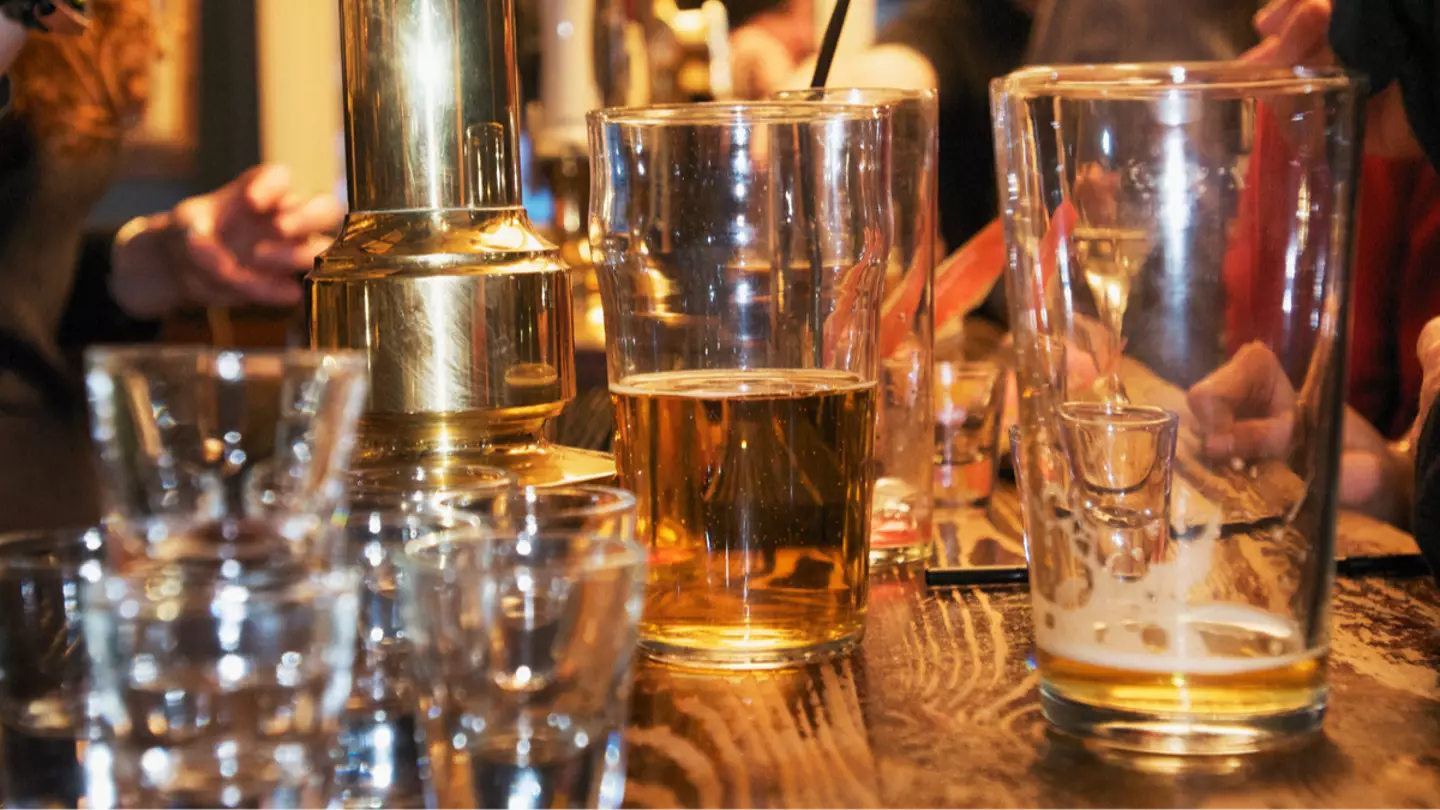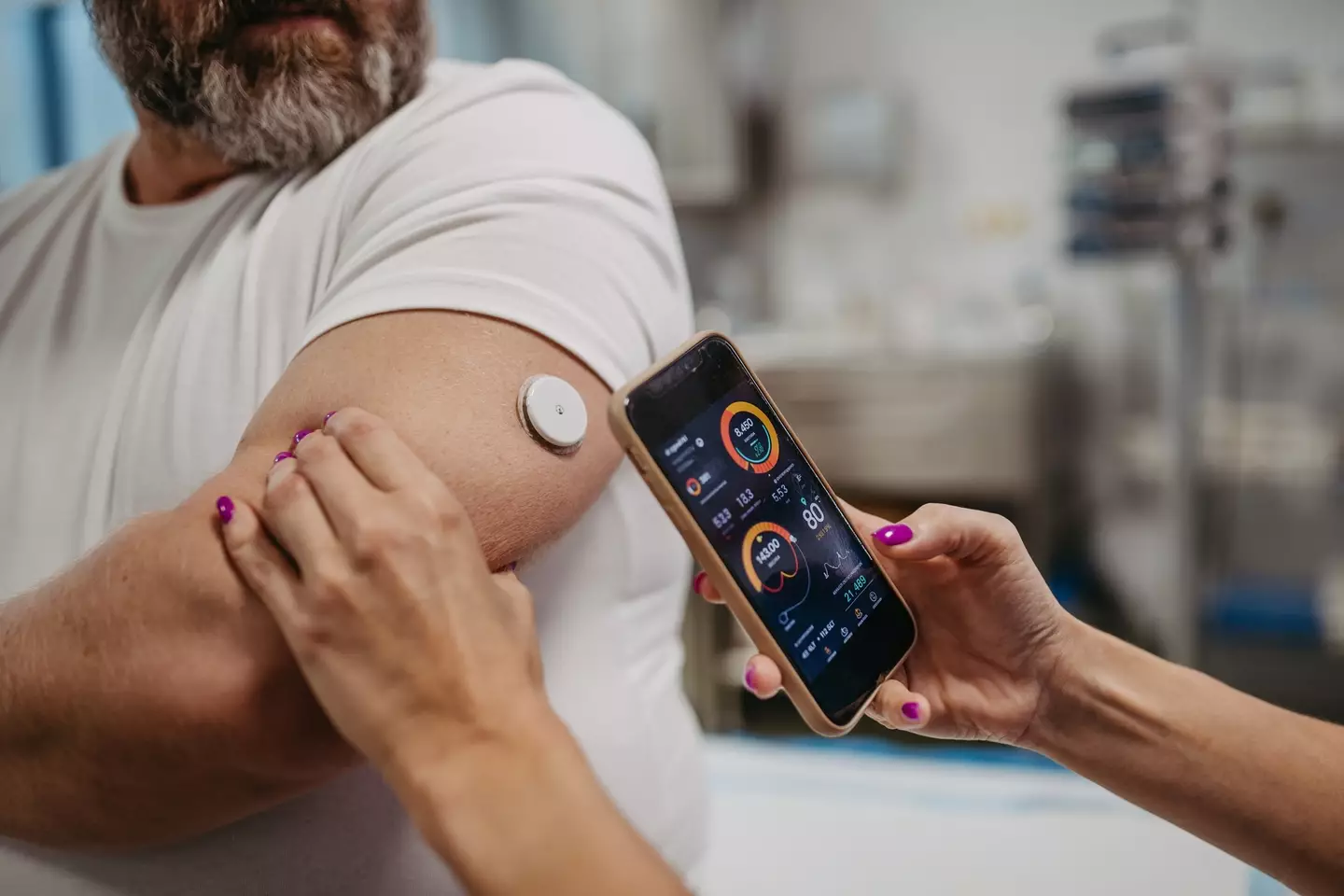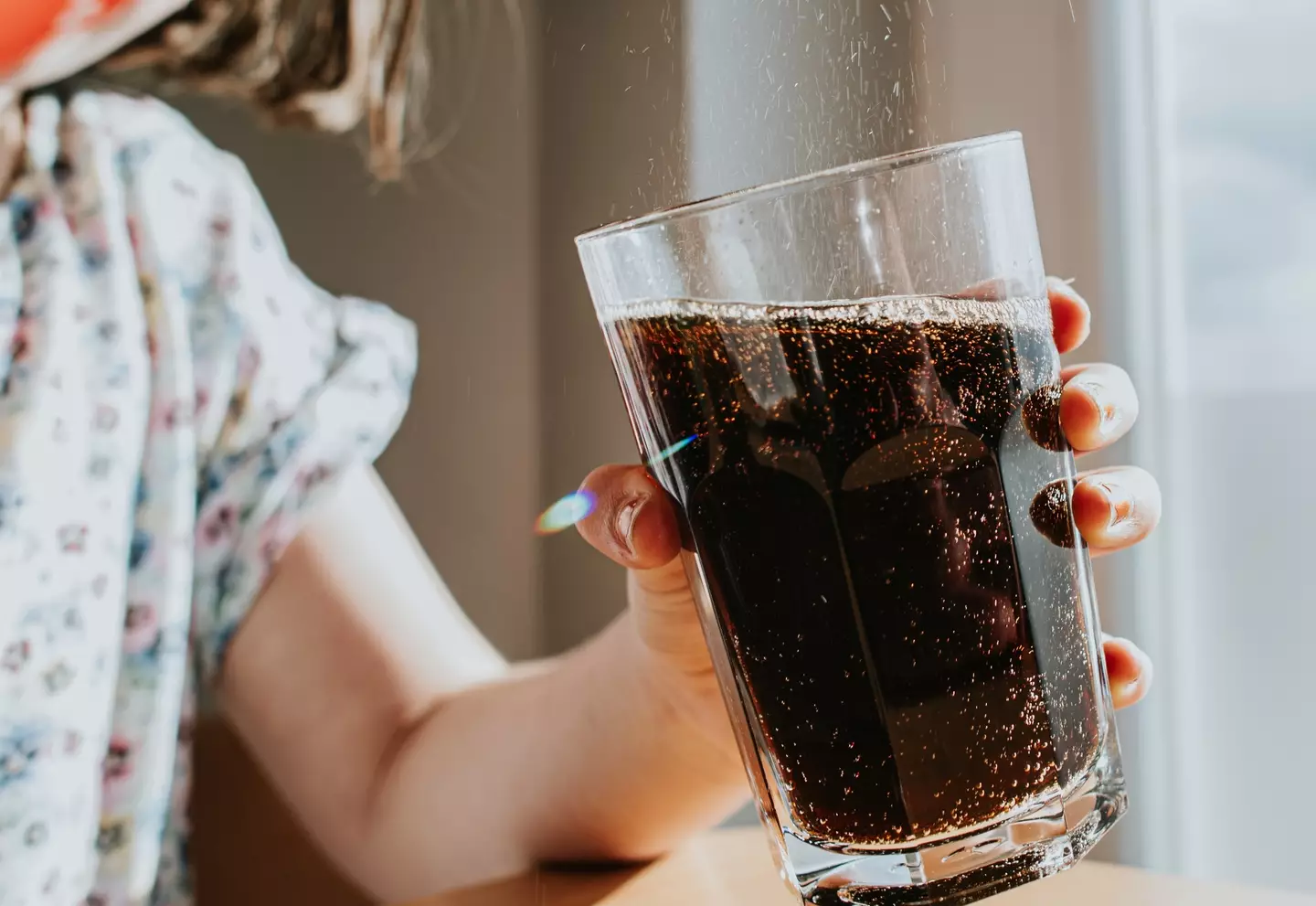
A study has revealed how just one of these drinks a day can increase your risk of getting type 2 diabetes by a staggering 38 percent.
Of the 38 million Americans who have diabetes, 90 to 95 percent of them have type 2, says the Centers for Disease Control and Prevention (CDC).
Typically it is people aged 45 and over that are more likely to get type 2 diabetes, but the CDC has warned that more younger people than ever are now getting the condition in comparison to previous years.
It most cases, type 2 diabetes can be prevented — unlike type 1. The exact causes of type 1 diabetes, which is often diagnosed in childhood, remain unknown.
Advert
Mayo Clinic says that the symptoms for type 2 diabetes often come on slowly.

Common symptoms include thirst, more urination, more hunger, weight loss, tiredness, blurred vision, slow-healing sores, frequent infections, numbing or tingling in the hands or feet, and areas of darkened skin — most likely to be found in the armpits or neck.
Some of those who are at risk of getting type 2 diabetes are people aged over 45, are overweight, have a parent or sibling with the condition, and are physically active less than three times a week.
What can increase your chances of getting type 2 diabetes?

While your weight, fitness, and age play a factor in developing type 2 diabetes, what you're eating and drinking also plays a part.
Refined carbs like white bread and sugary breakfast cereals can go on to cause the illness, as well as red and processed meats like ham and sausages.
Certain drinks increase your chances too and a recent study by Australian researchers has pinpointed one in particular: artificially sweetened soft drinks.
What does the study say?

According to research, drinking just one can of artificially sweetened soft drinks (such as diet soda) a day over several years can increase you chances of getting type 2 diabetes by 38 percent.
What will come as a surprise to some is that this risk is higher than those who drink sugar-sweetened drink, where the risk was found to be 23 percent higher.
A team from Monash University collaborated with RMIT University and the Cancer Council Victoria to get the results. The researched looked at more than 36,000 Australian adults over nearly 14 years.
Debunking the apparent myth that artificially sweetened drinks are 'healthier' for you, Professor Barbora de Courten, senior author on the study, said: "Artificial sweeteners are often recommended to people at risk of diabetes as a healthier alternative, but our results suggest they may pose their own health risks."
The researchers said the connection between artificially sweetened drinks and type 2 diabetes remained stronger even when adjusted for body weight, meaning it cannot be explained away by obesity alone and possibly implying the drinks have a direct effect on the metabolism.
Topics: Health, News, Education, Science, Food and Drink